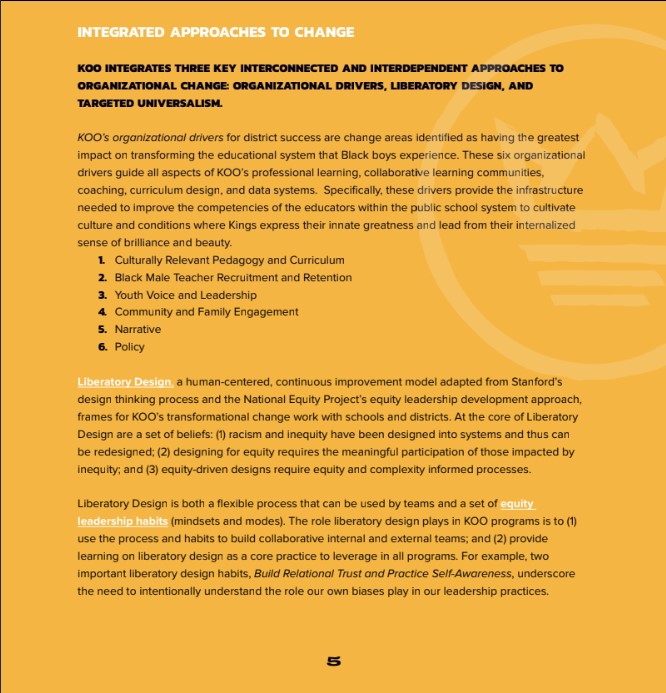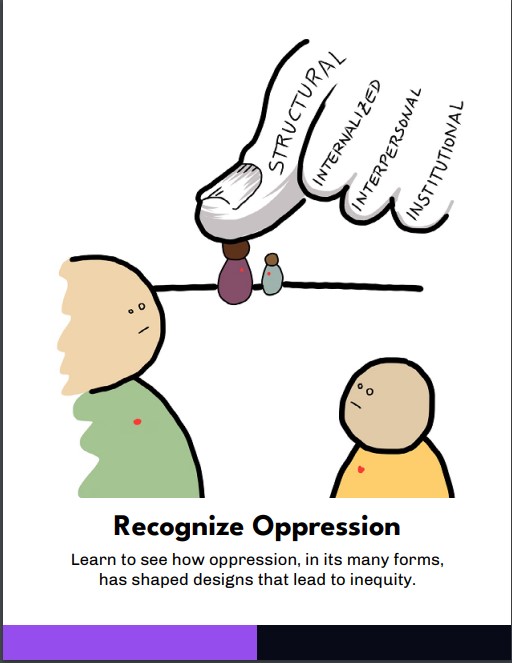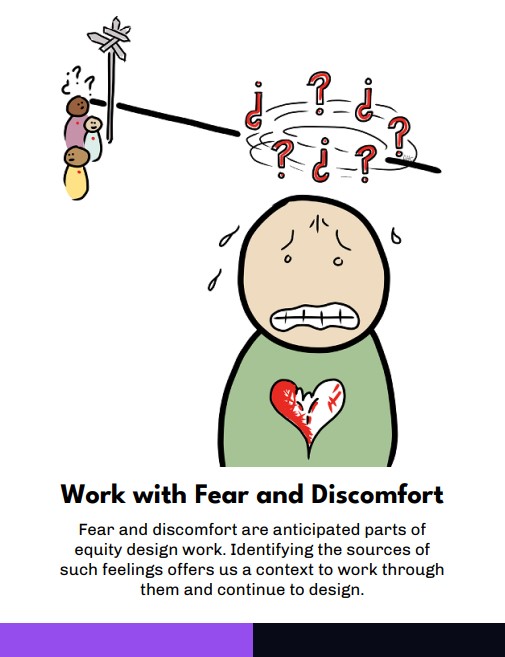
Gwinnett County Public Schools signed contract with pair of consulting firms for $750,000 over an eight-month period to implement ‘Liberatory Design’
Incidents
In November of 2022, Gwinnett County Public Schools agreed to an eight-month contract for $750,000 to implement “professional learning, collaborative learning communities, coaching, and curriculum” to “cultivate culture and conditions where Black boys express their innate greatness and lead from their internalized sense of brilliance and beauty.” The programming will specifically focus on South Gwinnett and Shiloh high schools.
The contract between the school district and Kingmakers of Oakland and Equal Opportunity Schools covers the 2022-23 school year and includes systemic evaluations of district curriculum, professional development, and student of color placement in advanced courses. The agreement also includes the implementation of the Kingmakers of Oakland’s actions plans “anchored in the Kingmakers Playbook.”
The two organizations will work with the pre-selected district and school staff to “articulate a definition of success that is liberatory and inclusive of the values and aspirations of students of color, with prioritization of African American Students, and students living in poverty in their communities.”
Kingmakers of Oakland states that it utilizes a “liberatory design process to build the capacity of educational leaders in public schools to create healthy, affirming learning environments for Black Boys.” According to the “Kingmakers Playbook,” the organization states that part of its “Core Values” includes being “African-Centered,” which shapes a “positive Black identity within a racist educational context;” and a “Collective Will.”
The Kingmakers define liberatory design as a “human-centered, continuous improvement model adapted from Stanford’s design thinking and the National Equity Project’s equity leadership development approach.” One of the core beliefs of Liberatory Design includes that “racism and inequity have been designed into the systems and thus can be redesigned.”

Stanford’s Liberatory Design is a “process and practice” that generates “self-awareness to liberate designers from habits that perpetuate inequity.” Part of the process includes the ability to “recognize oppression” and how it “leads to inequity.”

The programming also states that “fear and discomfort are anticipated parts of the process.” It continues: “The resulting fear and discomfort are expected parts of the Liberatory Design process because the journey through an equity challenge is ambiguous.”

Stay Informed
